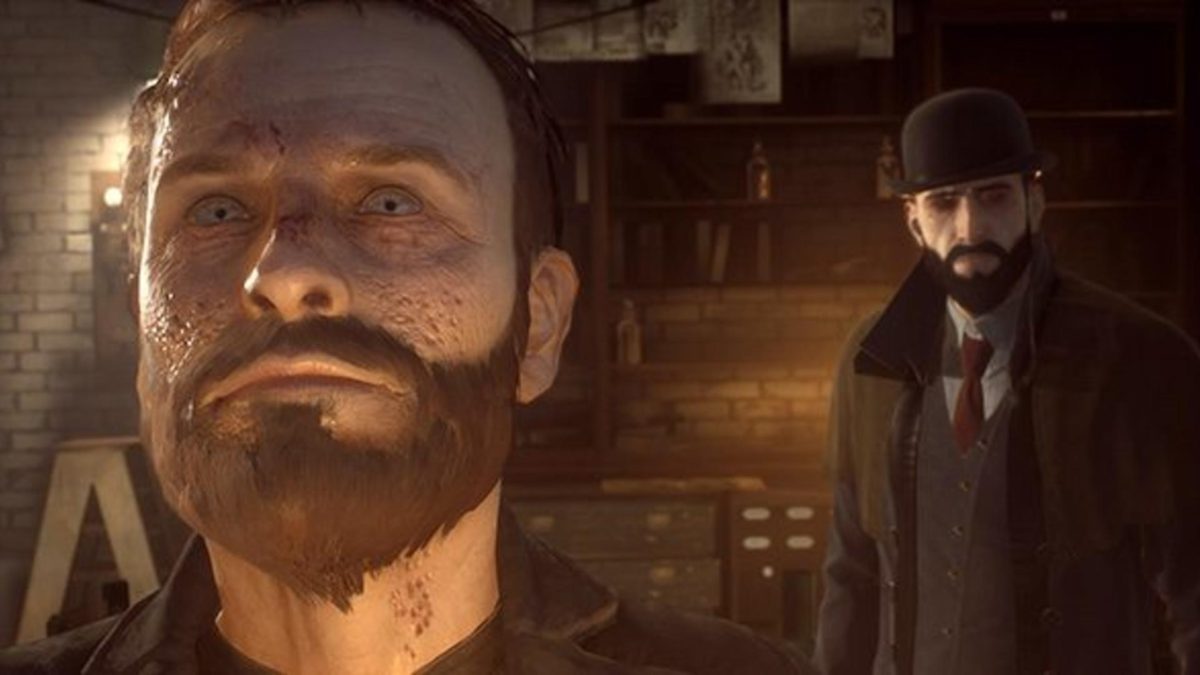To be a vampire, one of the immortal undead, is to see the world differently. Citizens that were once your peers are now something different, something lesser, sustenance. Awakening in the London docks newly turned Vampyr protagonist Dr Jonathan Reid awakens to find he has new strengths and abilities. The cost? A need to feed […]
